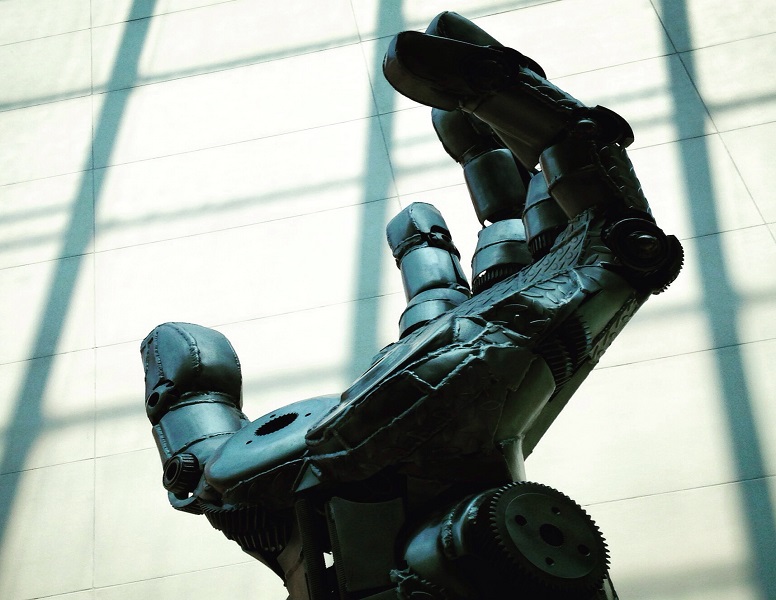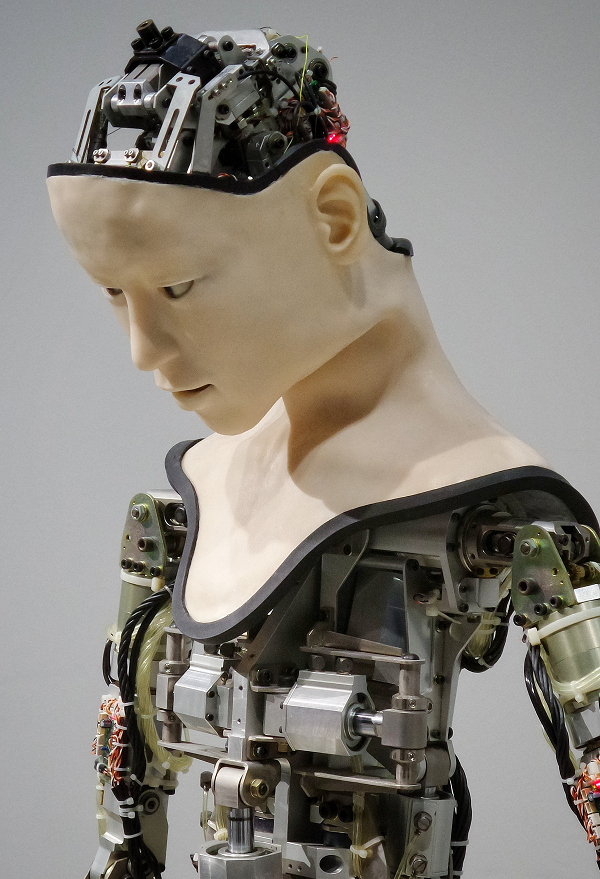Read the full report (PDF)
Last year’s presidential election brought a new level of focus to the effects of automation on the economy. Much of the debate centered around the role that automation has played in the decline of the nation’s manufacturing sector. But machines are poised to bring about massive changes to a much larger swath of the economy in the years ahead—and not just in the Rust Belt. Robots, artificial intelligence, and other emerging technologies have the potential to displace workers in range of New York City industries, from accountants and x-ray technicians to paralegals and taxi drivers.
Although many of these changes are still years away, a recent Center for an Urban Future policy symposium discussed the steps that policymakers, business executives, and educational leaders in New York should be taking now to prepare for the oncoming wave of automation. The forum is part of our ongoing Middle Class Jobs Project, a research initiative funded by Fisher Brothers and Winston C. Fisher.
Five important takeaways emerged from the thought-provoking discussion:
- The effects of automation are being felt by an increasingly wide range of industries and workers, presenting both enormous challenges and new opportunities.
- The education system needs major reforms to better prepare young people for the new world of work.
- New York City and the country should strategically rethink skills-building and retraining programs.
- A new social safety net—including income and work support—will be required to meet the needs of today’s automated economy.
- Companies that are automating have a responsibility to help those who are negatively affected.
Click here to these explore ideas from our expert panel, which included:
- Nell Abernathy, Vice President of Research and Policy, Roosevelt Institute
- Lauren Andersen, Executive Director, NYC Tech Talent Pipeline
- Rebecca Greenfield, Workplace Reporter, Bloomberg Business
- Chris Hughes, Co-Chair, Economic Security Project; Co-Founder, Facebook
- Stanley S. Litow, Vice President of Corporate Citizenship & Corporate Affairs, IBM; President, IBM International Foundation
- Serkan Piantino, Founder and CEO, Top 1 Systems, Co-Founder, Facebook AI Research
Photo credit: Thong Vo




